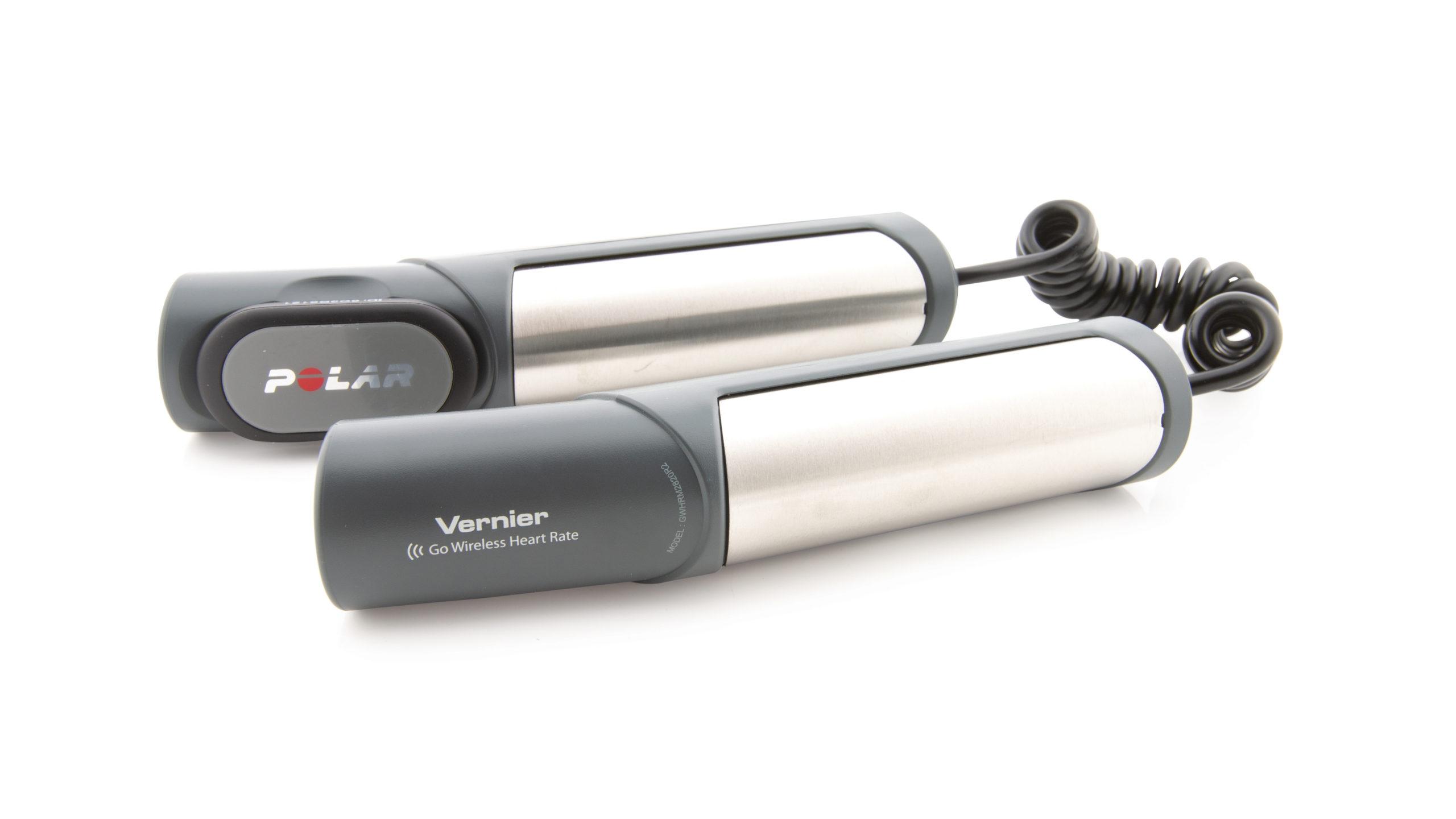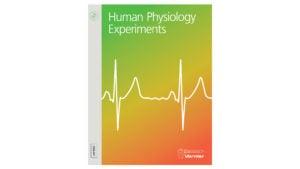Introduction
The adaptability of the heart can be observed during exercise, when the metabolic activity of skeletal muscle tissue increases. The cardiovascular system, consisting of the heart and blood vessels, responds to exercise with an increase in heart rate and strength of contraction with each beat, resulting in a higher cardiac output (quantity of blood pumped through the heart per unit of time). Physically fit people can deliver a greater volume of blood in a single heartbeat than unfit individuals and can sustain a greater work level before reaching a maximum heart rate. Being more physically fit also leads to a more rapid recovery of resting heart rate.
In this experiment, you will observe how the heart responds to the increased metabolic demand of muscles during exercise.
Objectives
- Determine the effect of exercise on heart rate.
- Correlate the fitness level of individual with amount of daily exercise.
Sensors and Equipment
This experiment features the following sensors and equipment. Additional equipment may be required.
Correlations
Teaching to an educational standard? This experiment supports the standards below.
- International Baccalaureate (IB)/Sports, Exercise, and Health Science
- 2.2 Structure and function of the cardiovascular system
Ready to Experiment?
Ask an Expert
Get answers to your questions about how to teach this experiment with our support team.
- Call toll-free: 888-837-6437
- Chat with Us
- Email support@vernier.com
Purchase the Lab Book
This experiment is #7 of Human Physiology Experiments. The experiment in the book includes student instructions as well as instructor information for set up, helpful hints, and sample graphs and data.


